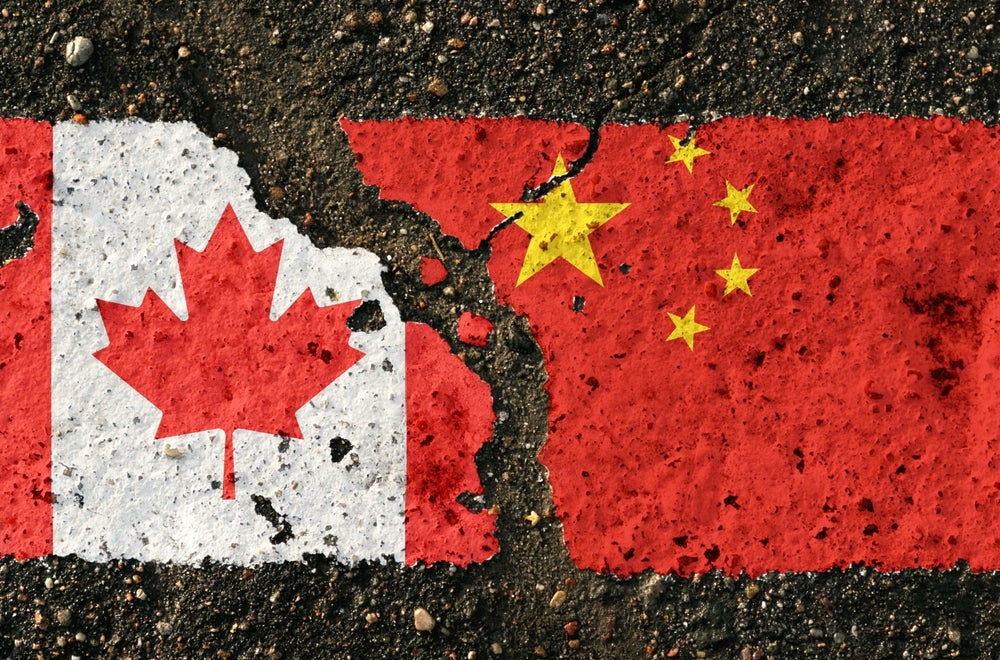
Canada announced earlier this week that it would impose a 100% tariff on Chinese electric vehicles (EVs) and a 25% tariff on Chinese steel and aluminium imports, effective October 1, 2024.
This move aligns with similar actions taken by the US and the European Union.
Prime Minister Justin Trudeau cited China’s state-directed policy of overcapacity as the reason for the tariffs, accusing China of not adhering to international trade rules.
The tariffs will affect all EVs imported from China, including those produced by Tesla‘s Shanghai factory, which has been a significant contributor to the surge in Chinese-made automobiles entering Canada.
In 2023, imports of Chinese-manufactured vehicles into Vancouver rose by 460%, driven largely by Tesla’s shipments. A Canadian government official noted that if companies relocate production outside China, their vehicles would not be subject to the tariff.
China’s Commerce Ministry condemned Canada’s decision, arguing it disrupts global industrial and supply chains, violates World Trade Organization (WTO) rules, and amounts to trade protectionism. The ministry warned that the tariffs would harm China-Canada trade relations and impact businesses in both countries. Despite being Canada’s second-largest trading partner, China lags significantly behind the United States in trade volume.
How well do you really know your competitors?
Access the most comprehensive Company Profiles on the market, powered by GlobalData. Save hours of research. Gain competitive edge.

Thank you!
Your download email will arrive shortly
Not ready to buy yet? Download a free sample
We are confident about the unique quality of our Company Profiles. However, we want you to make the most beneficial decision for your business, so we offer a free sample that you can download by submitting the below form
By GlobalDataIn response, experts suggest Tesla might shift its exports to Canada from U.S. facilities, though this would increase costs. The tariffs have also affected Tesla’s stock price as investors assess the potential impact on profitability.
The European Union recently imposed tariffs on Chinese EVs, including a lower 9% rate for Tesla compared to up to 36.3% for other Chinese manufacturers. Canada is also considering further measures, such as tariffs on chips and solar cells, as part of its broader strategy to counteract non-market practices by countries like China.
Canada aims to solidify its role in the global EV supply chain and has secured multi-billion-dollar deals to attract European automakers. Industry leaders have expressed support for the government’s protective measures against Chinese competition. However, China may retaliate, as it did with the EU, though Canada is not a major market for Chinese steel and aluminium.
U.S. President Joe Biden has similarly increased tariffs on Chinese EVs and strategic goods, though implementation has been delayed, with potential adjustments expected.
Meanwhile, the UK has not indicated plans to follow the EU’s tariffs on Chinese EVs. Labour policies continue to support a growing EV market, with a restored 2030 ban on new non-hybrid car and van sales. However, Chinese export controls on rare earth metals used in EV batteries and motors could impact prices, as the European Commission works to localise production amidst rising demand.
Chinese carmakers brace for rising trade barriers in EV sector
EU slaps import duties on Chinese EVs amid growing competition concerns







